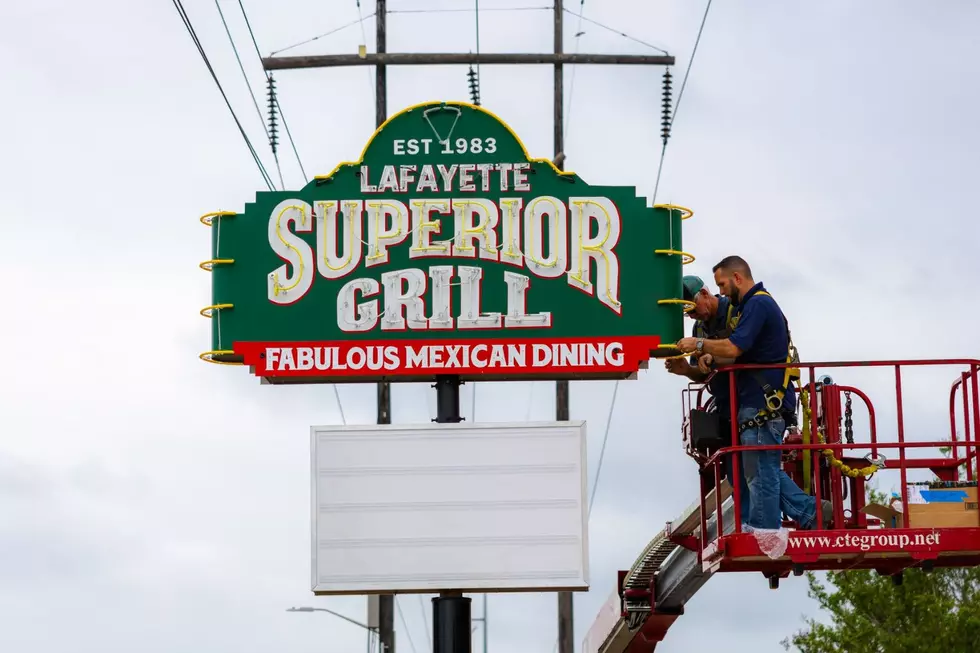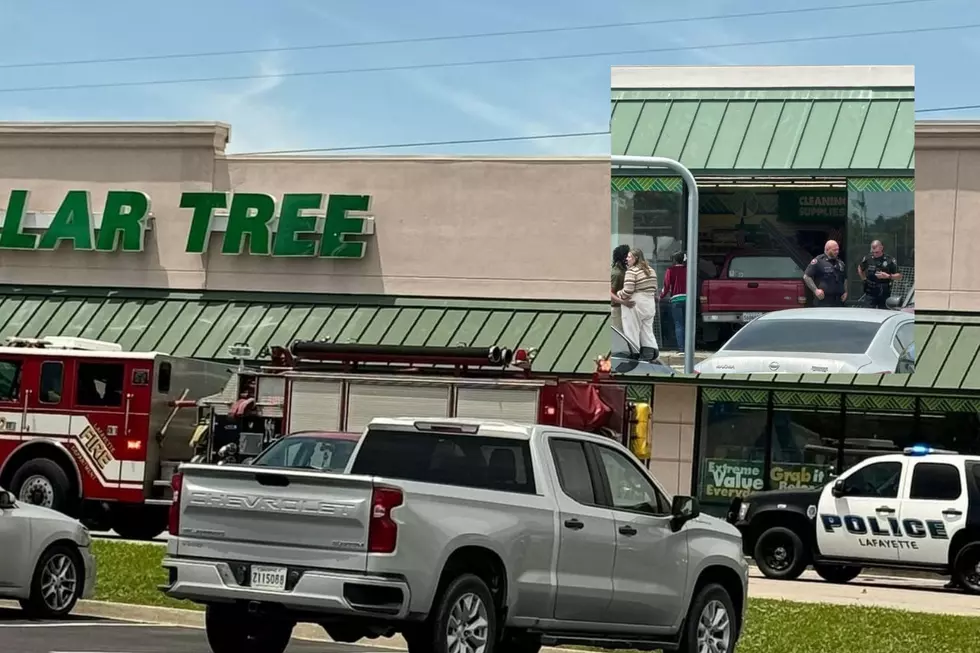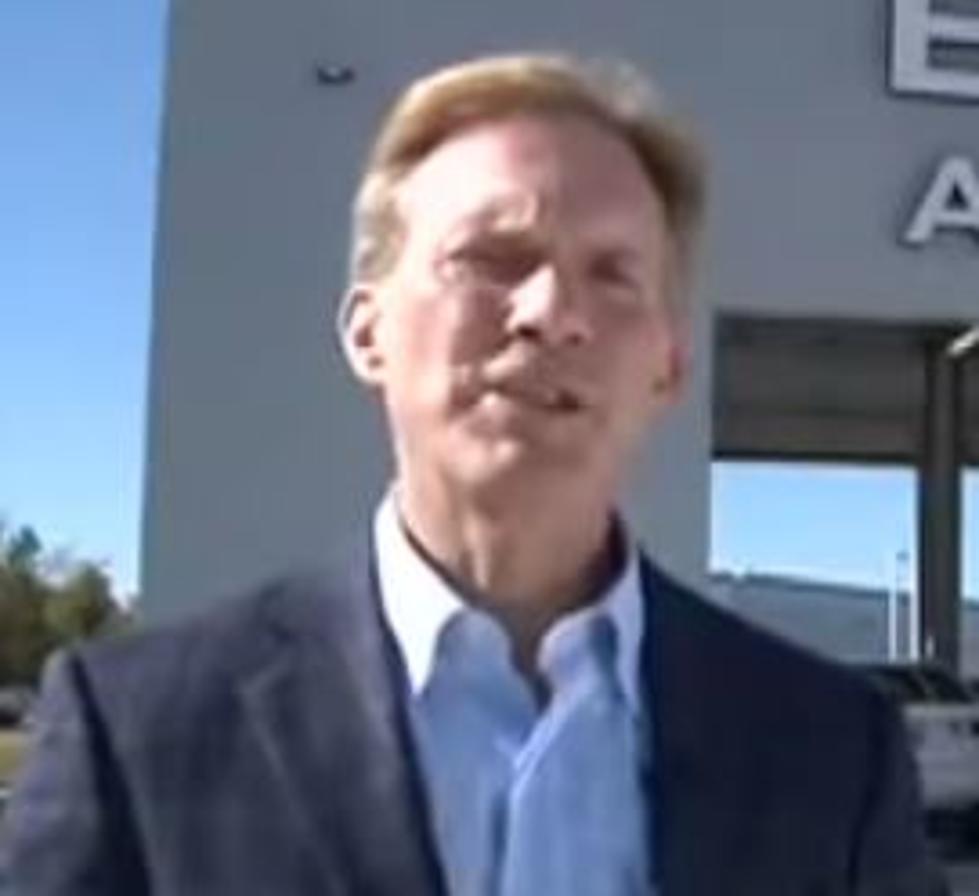
UL Lafayette Has Greenhouse Gas Extension Service
LAFAYETTE, La. (AP) — An extension service to explain how to reduce two major greenhouse gases — carbon dioxide and methane — is up and running, serving policy makers and people in industry and government, a Louisiana university announced Thursday.
The C1 Extension Service is a resource for information, including training and ways to mitigate impacts on existing jobs, the University of Louisiana at Lafayette said in a news release.
Since it’s part of the Energy Institute of Louisiana, “we have some large-scale facilities where people can come out and kick the tires,” Mark Zappi, the institute’s executive director, said in an interview.
He said the institute is set up for research and technology development, while the extension service will provide information and technical aid.
The name “C1” is because carbon dioxide and methane, which absorb the sun’s heat and warm Earth’s atmosphere, are often referred to as single carbon, or C1, molecules.
The Energy Institute houses several centers for a variety of energy issues and processes, including petroleum resources, clean technology fuel, and power usage and conservation.
The extension service offers expertise in areas that include green manufacturing, power conservation, alternative energy, carbon sequestration, data management, business impacts, green product marketing and ecological modeling, the school said.
Staffers have been meeting since June with industry groups and investors, Zappi said.
“With investors, it’s how to take an idea and make it marketable. With industry groups, there’s a lot of ‘How do we do this and make it feasible?’” he said.
The aim is help Louisiana meet its goal of carbon neutrality by 2050, offsetting all carbon dioxide emissions with equal amounts removed from the atmosphere. Zappi is also co-chair of the governor’s science and technology advisory committee for that effort.
He said “sharing resources that help mitigate the impact on existing jobs — and potentially expand the job market” will be as important as sharing other information and technical help.
Louisiana is among the top five states for energy usage, greenhouse gas production and energy production — a field creating hundreds of thousands of jobs, Zappi said.
He said balancing economic and ecological impacts “will require expertise and cooperation across a range of disciplines and entities, which the service will be positioned to facilitate.”
If Lafayette Streets Could Talk This Is What They'd Say To You
More From News Talk 96.5 KPEL









